Continuing Education for Equine Assisted Therapy
Many therapists realize the importance of animal interactions in their clients' lives as well as the potential for this in their psychotherapy or counseling setting. Bringing horses into the treatment environment in an ethical and effective way requires a specialized skillset. The Equine-Assisted Mental Health (EAMH) practitioner certificate program is open to mental health professionals and graduate students who want to enhance their clinical practice through incorporating interactions with horses and the equine environment. You will receive the education, training, and supervision/consultation necessary for ethical practice within your scope, including techniques tailored to your clinical interests and the clients you serve.
Want to learn more about the EAMH practitioner certificate?
Learn More
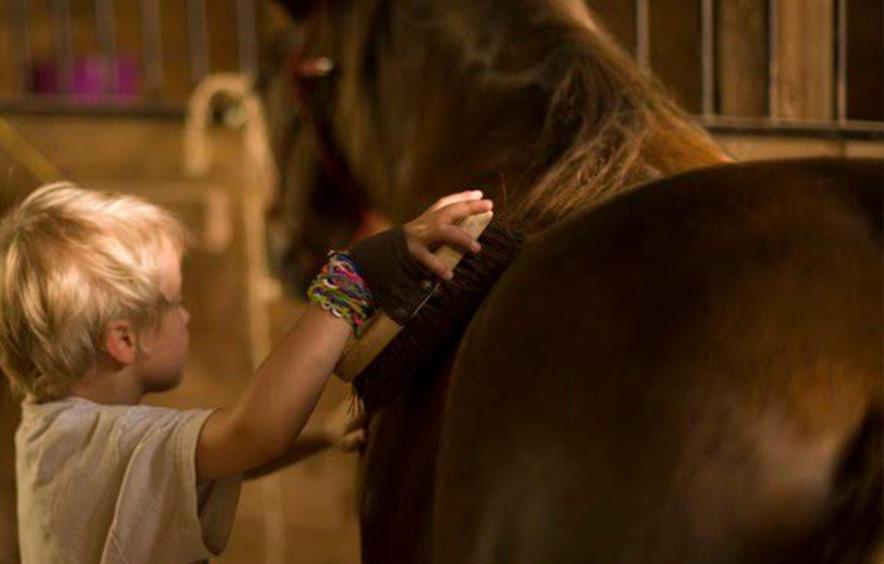
An Emphasis on Human-Horse Interactions
The equine-assisted mental health practitioner program emphasizes science-based understanding of human-horse interactions and equine behavior, welfare and training. You'll learn to integrate interactions with horses and their environment into your clinical work, within your theoretical framework and population interests.
-

Theory, Ethics, Research and Knowledge
A thorough understanding of theoretical foundations and state of research helps practitioners understand how equine interactions and the equine environment are included within psychotherapy and counseling. Advanced knowledge in this area underpins competent practice, builds connections to the larger mental health community and facilitates cross-disciplinary communication.
-

Delivering Treatment and Considerations for Your Practice
Delivering treatment that effectively and ethically incorporates equine interactions requires individual and group facilitation skills, treatment planning specific to the populations and theoretical approach the practitioner is trained in, intentionality, risk management, facility and environmental considerations, and sound business practices.
-

Equine-Related Competencies
A core part of competent practice is in-depth understanding of horses, their welfare, behavior, needs and communication, as well as selection, assessment, management and training of therapy horses to create a healthy and sustainable environment for all involved. Careful consideration of the ethics surrounding horses as part of mental health services is necessary, both specific to the therapeutic environment and the therapist-client relationship, and to broader human-horse interactions.
52
The certificate earns 52 continuing education units documented on a University of Denver transcript.
3
Therapists from 3 continents have completed the EAMH program since 2015.
2
There are two cohorts per year with 12 students each ensure a high-quality learning environment.
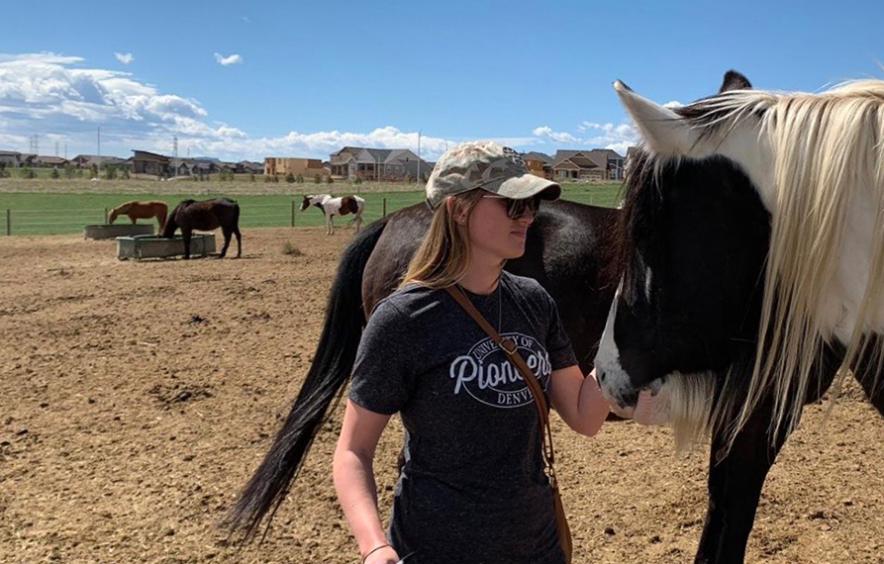
A Program for Working Professionals
The Equine-Assisted Mental Health Practitioner Certificate equips you with the ability to assess clients, horses and treatment sites for suitability. You will develop advanced skill in incorporating interactions with horses and the equine environment into your psychotherapy or counseling practice (equine-assisted therapy). Meeting client treatment needs in multiple ways will enhance and extend your work in an agency, private practice or other mental health setting. The program is designed for completion alongside full-time work or studies.
The program counts toward eligibility for independent national certification by the Certification Board of Equine Interaction Professionals (CBEIP).
Program Format
The 10-month certificate program includes courses accessed online, projects, three residential workshops, client work and additional trainings. You will progress through the program sequentially together with a peer cohort—just 12 students—and you complete coursework within weekly deadlines. Experiential activities and client work provides hands-on application of coursework. As you move through the program, faculty will offer guidance, feedback, and individual advising.
-

Courses and Projects
Courses are delivered online through Canvas, an award-winning learning platform. In addition to coursework, there are seven projects spread across the duration of the 10-month program. Assignments and projects are based on engagement – peer-to-peer and to instructor, and in your community.
-

Residential Workshops
Residential workshops provide an opportunity for intensive hands-on skill building and feedback.
- Residential Workshop 1 focuses on direct engagement in a variety of ways horses can be part of treatment while developing understanding about designing interactions that align with client goals. Facilitation theory and principles of experiential practice are practically introduced.
- Residential Workshop 2 focuses on facilitation skill development and other practitioner competencies such as risk management and treatment planning through role-play and other forms of experiential engagement.
- Residential Workshop 3 focuses on advanced applications of equine interactions in therapy session. Participants have the opportunity to plan and provide sessions with clients.
-

Supervised Client Work
You'll complete the required 50 hours of supervised client work in your own community. Consultation will be provided by the on-site supervisor and by the faculty supervisor through individual and group calls. You may complete all hours at a single site or split hours between multiple sites.
-

Additional Training
You'll strengthen your knowledge and skill in a tailored way through 50 hours of additional training in mental health, horses and/or clinical work with equine interactions.
Upcoming Program Dates
| Cohort 9-1 | Cohort 9-2 | |
| Start of program | September 2023 | October 2023 |
| Residential Workshop 1 (in person) | September 2023 | October 2023 |
| Residential Workshop 2 (in person) | March/April 2024 | April 2024 |
| Residential Workshop 3 (in person) | June 2024 | July 2024 |
| End of program | July 2024 | August 2024 |
Detailed Schedules
Application Information
The 2022 cohorts are now full. Accepted applicants will be placed on a waitlist for fall 2023.
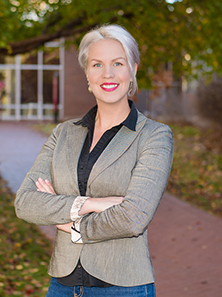
Nina Ekholm Fry
Director of Equine Programs, Institute for Human-Animal Connection
Learn More
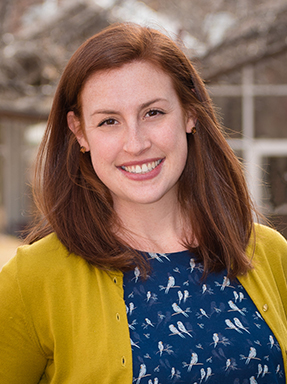
Arielle Giddens
Assistant Director of Professional Programs, Institute for Human-Animal Connection
Learn More
Alumni Stories
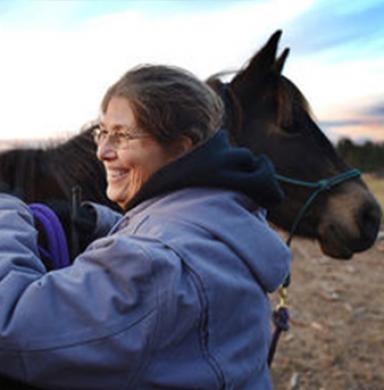
Equine-Assisted Therapy in Montana
The Equine-Assisted Mental Health Practitioner Certificate helped licensed therapist Natalie Norrell strengthen her existing work with clients and horses through a deeper understanding of equine behavior and equitation science.
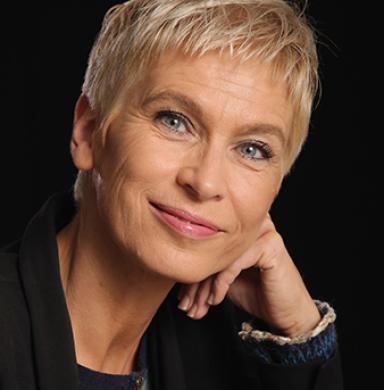
Therapy Practice with Horses in Denmark
Danish psychologist Inge Schoug Larsen uses the ethical superstructure she learned in the Equine-Assisted Mental Health Practitioner Certificate program to guide her practice.
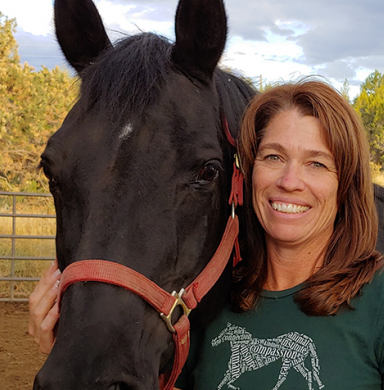
School Counseling in Western Colorado
Jennifer Dietrich uses the comprehensive knowledge and experiences she gained in the Equine-Assisted Mental Health Practitioner Certificate in her work as a school counselor and in private practice.
Source: https://socialwork.du.edu/humananimalconnection/education-certificates/equine-assisted-mental-health-practitioner-certificate
0 Response to "Continuing Education for Equine Assisted Therapy"
Post a Comment